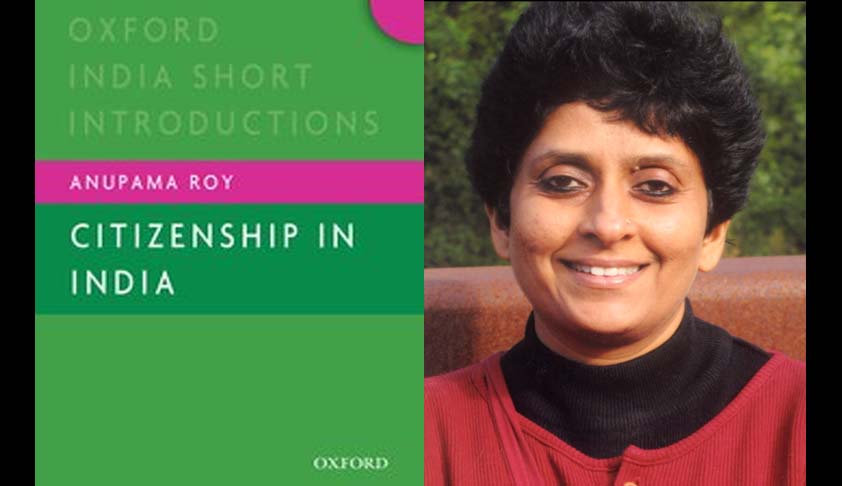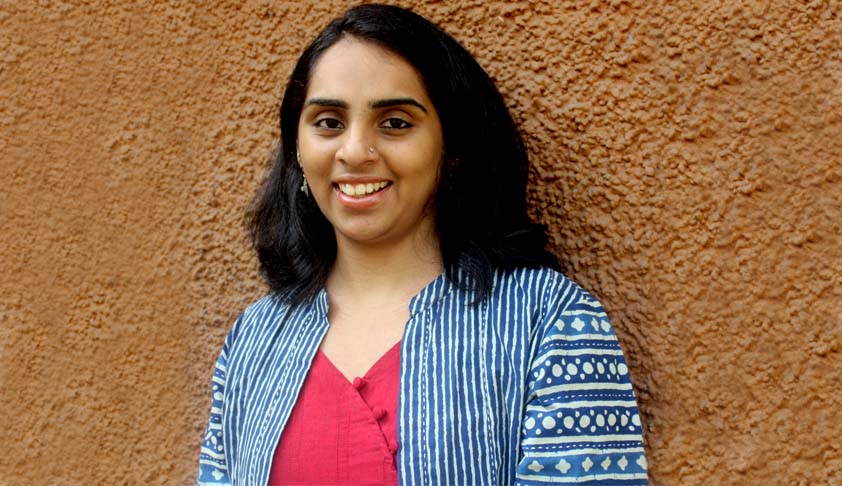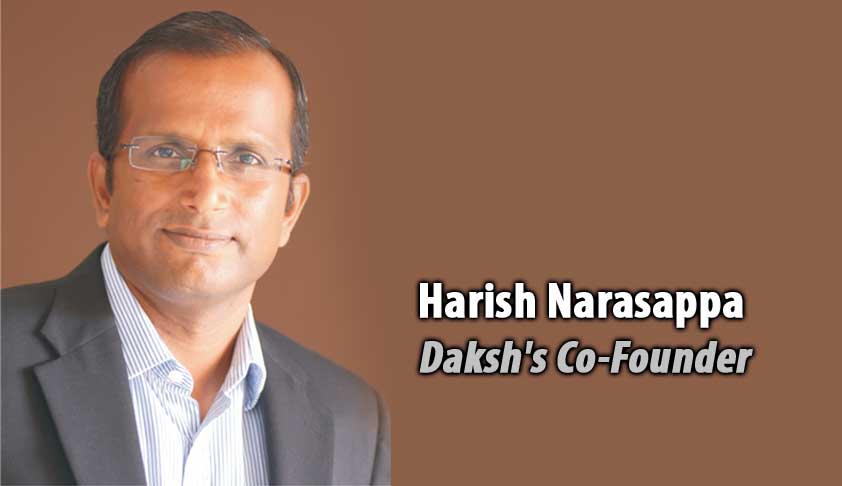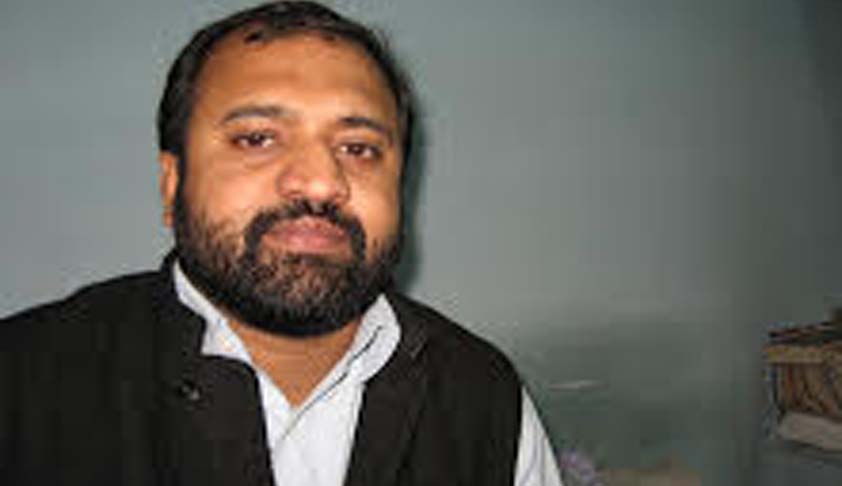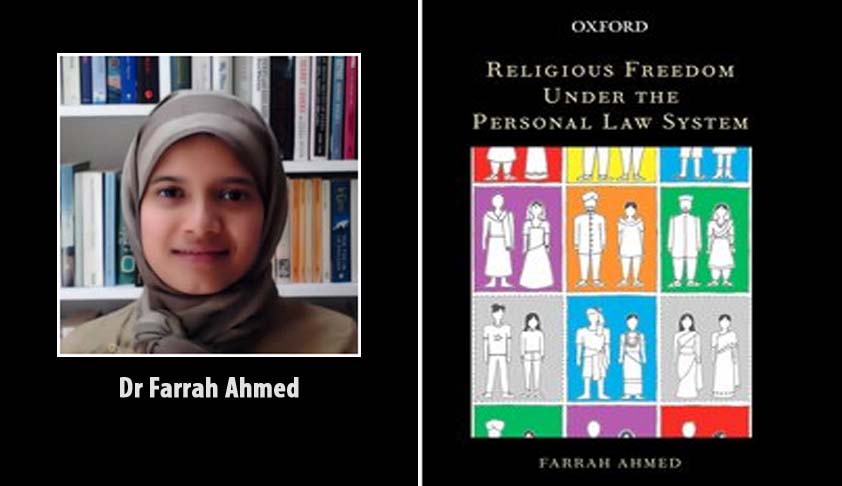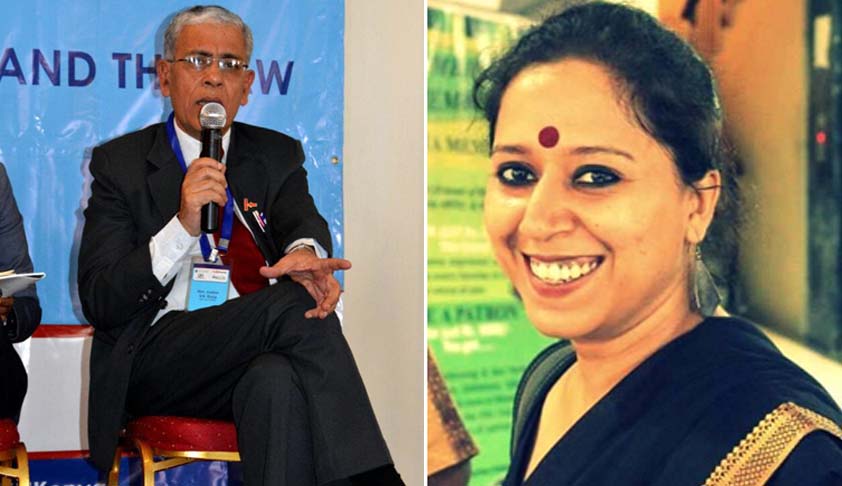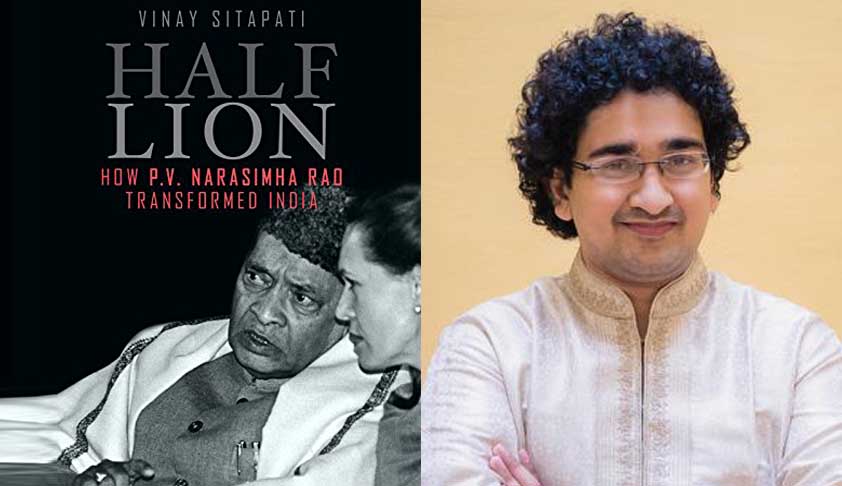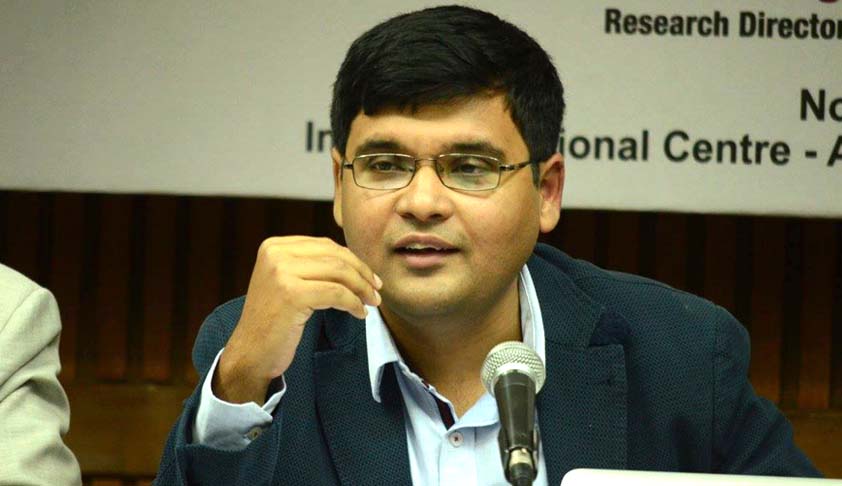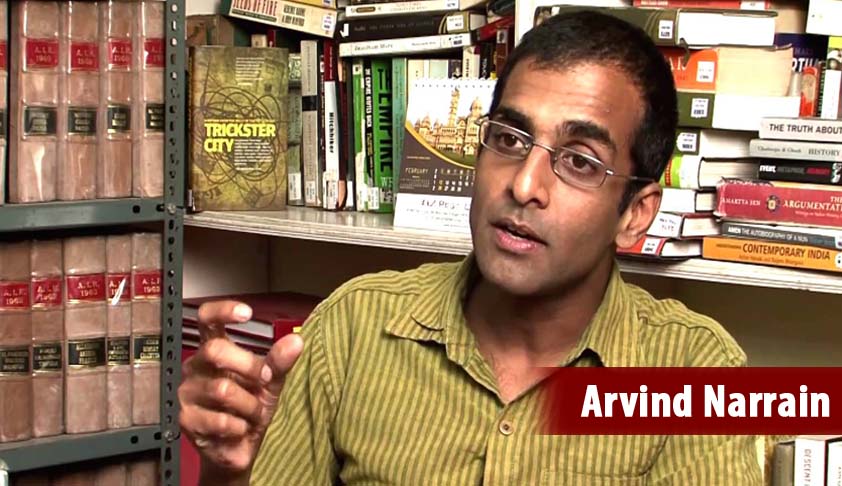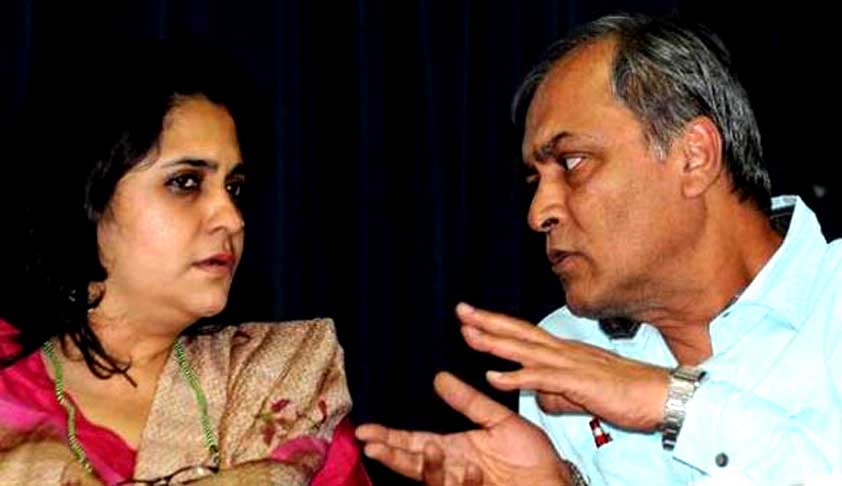Interviews
Citizenship (Amendment) Bill, 2016 Goes Against Constitutional Morality: Anupama Roy, Author And Expert On Citizenship Law
Anupama Roy is a Proessor at the Centre for Political Studies in Jawaharlal Nehru University, New Delhi. Her research interests include legal studies, political anthropology of political institutions, political ideas, and gender studies. She obtained her Ph.D from the State University of New York at Binghamton, United States. She is the author of Gendered Citizenship: Historical and Conceptual Explorations (2013) and Mapping Citizenship in India (OUP, 2010), and has co-edited Poverty, Gender...
History Of the Jury System In India Must Go Beyond The Nanavati Trial, Says Princeton Researcher Kalyani Ramnath
Juries were established by Letters Patent in the Supreme Courts (as the apex Crown courts in the Presidency towns of Bombay, Calcutta and Madras were then called) in 1774, 1800 and 1823 in Calcutta, Madras, and Bombay respectively. The East India Company Courts also had juries. The recent Bollywood film, Rustom, revived the interest in India's legal history, of which the jury system was an essential part. The famous Nanavati trial, in which the accused was prosecuted for the murder of his wife's...
You can't improve access to justice if the courts are inefficient: Daksh Co-Founder Harish Narasappa
DAKSH, the Bengaluru-based NGO, is a civil society organisation that undertakes research and activities to promote accountability and better governance in India, founded by citizens from varied backgrounds. It has been working to create inclusive, transparent, self-correcting mechanisms that encourage accountability in all branches of the government.Its two main activities are measuring political and judicial performance. It has designed, developed, and deployed a variety of measures to assess...
Activist Gopal Krishna exposes India's doublespeak in environment protection
Last week, Livelaw carried Part I of the interview with Gopal Krishna, environmental activist and scholar on his inspirations, and ongoing concerns. In Part II, he answers specific questions concerning his activism, and interactions with the Central Government, with regard to his campaigns against asbestos and ship-breaking industries. Q: After five years of struggle, Bihar Pollution Control Board has cancelled permission to all the seven asbestos plants including the ones in Bhojpur. Please...
Interview:Law has not been helpful in altering the status quo, says environmental activist, Gopal Krishna
Gopal Krishna is a scholar-activist and a regular writer and commentator on public policy issues in English and Hindi. He has been highlighting environmental lawlessness and emergence of a surveillance empire of commercial czars.As editor of www.toxicswatch.org., he has often been invited to present his views as an expert before the Parliamentary Standing Committees on Science, Technology, Environment and Forests, Finance, and Food, Consumer Affairs and Public Distribution.He has also been an...
‘Subtext of debate on uniform civil code must give us pause’, says Dr Farrah Ahmed, author of recent book on Muslim Personal Law
Dr Farrah Ahmed is currently an Associate Professor at Melbourne Law School, University of Melbourne. She serves as Associate Director (India) of the Asian Law Centre, Melbourne Law School. She has also been a Lecturer in Law at the Queen's College, University of Oxford. Her research spans public law, legal theory and family law. She works on personal laws in India, as well as religious alternative dispute resolution in other jurisdictions. Her book Religious Freedom under the Personal Law...
Interview: Burden of enforcing right to life & to speedy trial by SC and the exchequer is worth undertaking: Justice V.N.Sinha
Model Prison Manual 2016 has serious anomalies, may lead to human rights abuses: Activist & Expert Smita ChakraburttyJustice V N Sinha, who retired from Patna High Court, had been Member of National Legal Services Authority (NALSA) on the recommendations of the Chief Justice of India in 2014 and continued as such till he demitted office in 2015.Justice Sinha, commissioned Smita Chakraburtty, to inspect all the 58 prisons of the state of Bihar, to find out about the physical and legal status...
P V Narasimha Rao would have made a good lawyer: His Biographer Vinay Sitapati (NLS/Harvard Law School Alumnus)
Vinay Sitapati is a political scientist, journalist and lawyer. He teaches at Ashoka University and writes for the Indian Express. He has studied at Rishi Valley school, National Law School, Bangalore, and Harvard University, and is finishing his PhD in politics from Princeton. He answered a few questions about his just-released book, “Half Lion: How P.V.Narasimha Rao transformed India” (Penguin Random House, 2016) in this interview to Livelaw.Q: From being a student of law, to a biographer of a...
Supreme Court's reading of the Constituent Assembly Debates in Arunachal Judgment is questionable: Arghya Sengupta
Arghya Sengupta is the Founder and Research Director at Vidhi. He is an alumnus of National Law School of India University Bangalore and the University of Oxford where he was a Rhodes Scholar. While, at Oxford, he completed his D.Phil. on Independence and Accountability of the Indian Higher Judiciary and was a Lecturer in Administrative Law. His areas of specialisation are constitutional and administrative law. He has a number of academic publications on the Supreme Court, Parliament,...
We have no information about the progress of Black Money Case in Public Domain: Senior Advocate AK Panda
Ashok Kumar Panda is a senior advocate in the Supreme Court. He started practising as a junior in the chambers of Justice VM Tharkunde, and Soli J Sorabjee. He was a member of the amicus team in the Jain Hawala case.A major portion of his legal career was devoted to the issue of human rights like defending political prisoners, Afghan and Iranian refugees. He conducted the Public Interest Litigation relating to Shahdara mental hospital, Delhi, which ultimately with the intervention of the...
Interview: Expert on LGBT rights Arvind Narrain interprets India’s neutrality on recent UNHRC resolution, as support for status quo
Arvind Narrain, is a well-known activist and legal scholar championing the rights of the marginalised and discriminated through effective legal campaigns. He is a founding member of the Alternative Law Forum in Bangalore, an NGO, which aims to integrate alternative lawyering with critical research, alternative dispute resolution, pedagogic interventions and maintaining sustained legal interventions in various social issues.Arvind Narrain has worked on human rights issues including mass crimes,...
A vindictive state at the very highest level at the Centre is bent on using repressive, even extra legal means: Teesta Setalvad & Javed Anand
On February 12, 2015, within 40 minutes of the Gujarat High Court order denying anticipatory bail to social activists, Teesta Setalvad and Javed Anand, the Gujarat police arrived at their residence in Mumbai. Thanks to the Supreme Court issuing a stay on the high court order on the same day, and extending this stay from time to time, the couple have been able to evade arrest and custodial interrogation.On June 16, 2016, with the Central Government cancelling the registration under Foreign...



